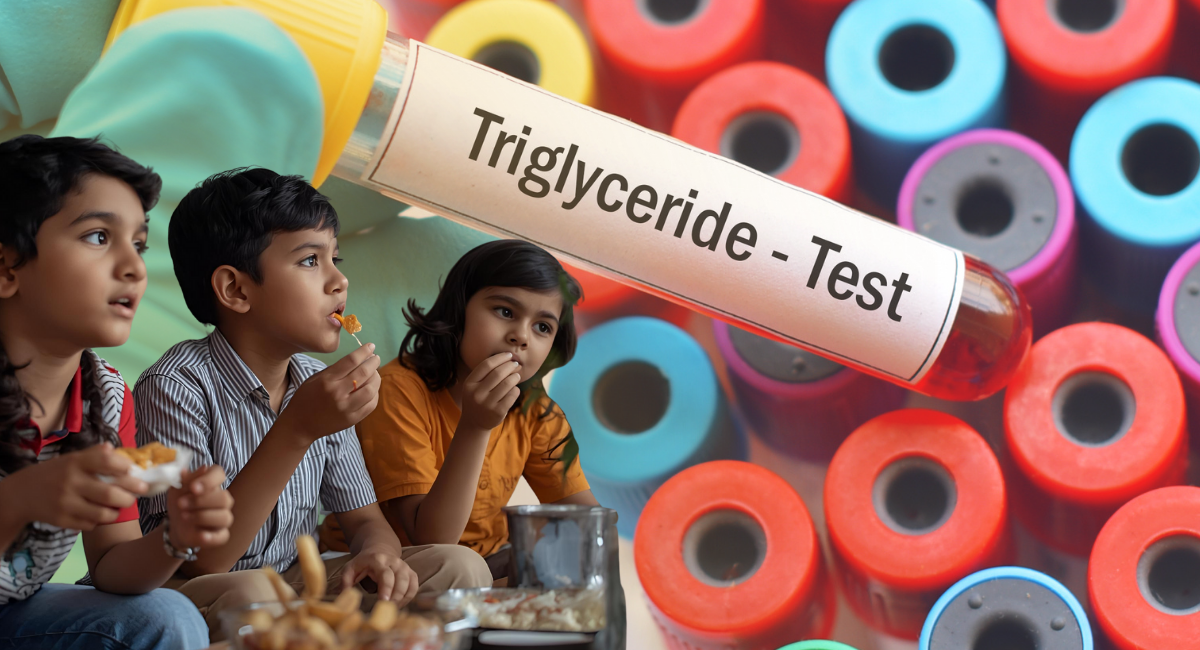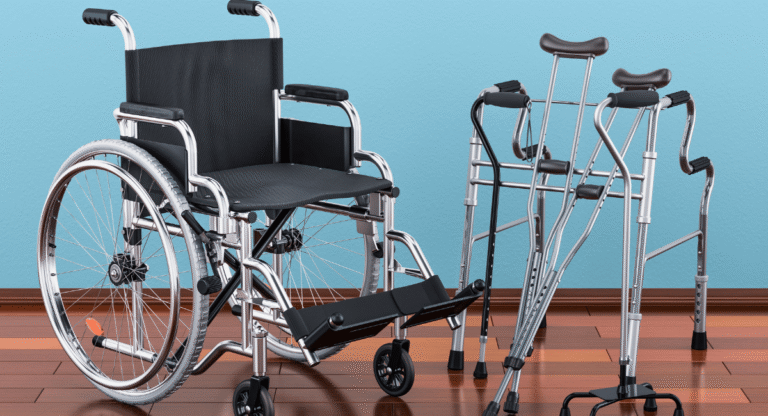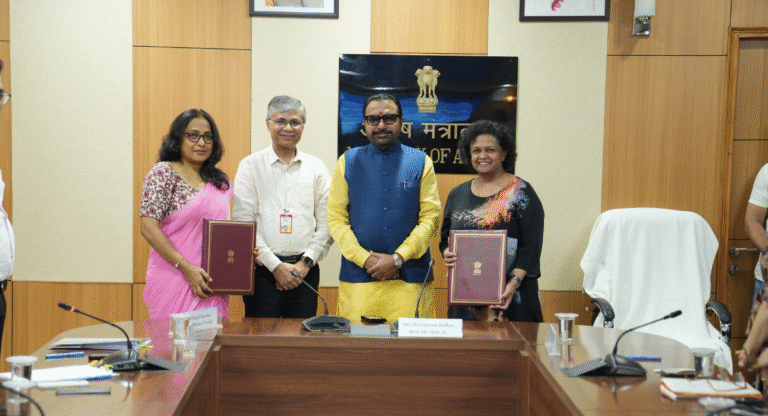
A recent government report on basis of data collected by National Family Health Survey and the Comprehensive National Nutrition Survey has brought to light a major health concern: one-third of children aged 5 to 9 in India have shown high triglyceride levels, a key marker in the lipid profile. This finding is a major health concern because high triglycerides in childhood may lead to serious health issues later, like heart disease, obesity, and diabetes.
A lipid profile (or lipid panel) measures fats in the blood—such as cholesterol and triglycerides—to assess risk for heart disease and metabolic disorders. High triglycerides in children may signal poor diet, sedentary lifestyle, or genetic susceptibility.
What Is a Lipid Profile and Why It Matters
A lipid profile typically includes:
- Total cholesterol
- Low-density lipoprotein (LDL or “bad” cholesterol)
- High-density lipoprotein (HDL or “good” cholesterol)
- Triglycerides
These values help in understanding fat metabolism in the body and assess risks of cardiovascular disease, obesity, and diabetes. When triglyceride levels are high, it means there is more fat circulating in the blood than normal. In adults, this is already associated with higher risk of heart disease; in children, it may signal early metabolic changes.
Findings: High Triglycerides in Young Children
The government report estimates that around 33% of children between ages 5 and 9 have elevated triglyceride levels.
These figures are alarming because they suggest that metabolic irregularities are appearing earlier in life than previously thought. Factors contributing may include:
- Eating too much sugar, refined foods, and oily or fried snacks
- Sitting for long hours with less outdoor play or exercise
- Family history of cholesterol or lifestyle diseases
- Many children becoming overweight or obese at a young age
- Increased screen time leading to less physical movement
- Lack of awareness among parents about the need for regular health check-ups
- Stress and irregular sleep patterns in kids due to busy school schedules or gadgets
Health Risks Associated with High Triglycerides in Kids
When kids have an unhealthy lipid profile at a young age, it can raise the chances of several health problems later in life, such as:
- Metabolic issues that affect how the body uses food for energy
- Higher risk of diabetes
- Extra weight in childhood continuing into adulthood
- Early damage or stress on the heart and blood vessels
This is why it’s very important to notice these issues early and take steps like healthy eating, regular exercise, and timely medical check-ups.
What Parents Can Do: Managing Lipid Profile Early
Here are steps parents and caregivers can take to flag and manage lipid profile concerns:
1. Blood Tests & Monitoring
Lipid Profile tests must be done regularly if there is a family history of heart disease, obesity, or diabetes. Even in seemingly healthy children, occasional screening can help detect rising triglyceride levels early.
2. Improve Diet Quality

- Reduce sugary drinks, sweets, processed snacks
- Increase whole grains, fruits, vegetables
- Include healthy fats (nuts, seeds) and lean proteins
- Limit intake of fried and ultra-processed foods
3. Encourage Physical Activity
Kids should get at least 60 minutes of moderate to vigorous activity daily. Games, running, sports, dance—all help improve fat metabolism and reduce triglycerides.
4. Manage Weight and Screen for Obesity

Overweight and obesity in children often go hand in hand with poor lipid profiles. Keeping children in a healthy weight range helps maintain better lipid numbers.
5. Family Habits Matter
Children mirror parental habits. If the entire family eats smart, remains active, and avoids processed foods, children benefit too.
Also Read- High Levels of Toxic metals in children’s blood and groundwater in Rupnagar and Bathinda
A Wake-Up Call for India
The report serves as a wake-up call for both families and policymakers. Given the magnitude of the issue, the government should:
- Introduce lipid screening in school health programs
- Launch awareness campaigns about healthy diets for children
- Ensure availability of healthy meals and reduce junk food access in schools
- Train pediatricians and primary healthcare workers to identify early lipid abnormalities
Children are the future of India, and for a bright and successful future, they need to grow up healthy, physically strong, and emotionally balanced.












